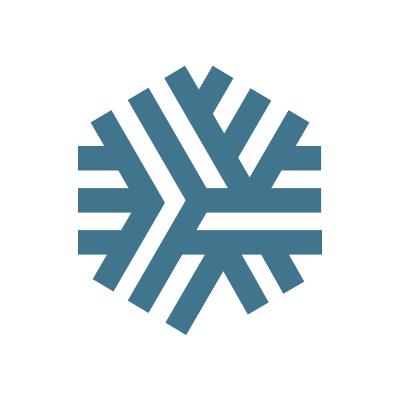Invest in single-family homes
Invest in venture-backed companies
Investments
$56,000
The minimum investment on Doorvest is a 25% down payment on a home, averaging $56,250 based on the average home price of $225,000.
Moderate Risk
3/5
Investing with Doorvest involves risks such as market volatility, economic changes, and property-specific issues. While the platform aims to manage these effectively, outcomes can be uncertain, and investors should carefully consider their risk tolerance and conduct due diligence before investing.
High Risk
4/5
Investing in Sweater's Cashmere Fund, like any venture capital investment, carries inherent risks. These risks include market volatility, economic conditions, and challenges specific to the companies in which the fund invests.
Minimum Liquidity
1/5
Doorvest allows investors to sell their homes back to the platform, requiring them to connect with a client partner for more information on the process.
Minimum Liquidity
1/5
Sweater provides biannual redemption windows for investors to access their investment before the end of the investment term. However, there may be restrictions and limitations on the redemption process.
Receive new reviews from Fintorial
High Return
18 %
Doorvest reports an average annual investment return of 18%, accounting for rental income, property appreciation, and mortgage leveraging.
Long-term Investment
5-30 years
Doorvest focuses on long-term investments in single-family rentals, generally suggesting a commitment of several years to decades, based on real estate appreciation and rental income.
Long-term Investment
1-5 years
Sweater's Cashmere Fund is designed for long-term investments, but they provide biannual redemption windows for investors to redeem a portion or all of their investment.
Who can invest
United States
To invest with Doorvest, you need to be in the U.S. or able to sign documents at a U.S. Embassy.
Who can invest
United States
Any U.S. resident over the age of 18 with a Social Security Number (SSN) is eligible to invest in Sweater's Cashmere Fund.
Moderate Volatility
3/5
Real estate assets on Doorvest can experience volatility due to economic shifts, interest rate changes, and local market trends, potentially affecting investment values and posing risks for short-term investors.
Moderate Volatility
3/5
The assets on Sweater's platform, including the investments made by the Cashmere Fund, can be subject to volatility.
Regulation and audits
TREC Regulated
Doorvest complies with the Texas Real Estate Commission (TREC) consumer protection notice, indicating adherence to state-level real estate transaction standards. It does not provide details on broader financial regulations or audits, focusing more on real estate industry compliance than securities regulation.
Regulation and audits
SEC Regulated
Sweater operates under SEC regulations, allowing them to accept investments from non-accredited investors.
Insurance
Yes
Doorvest protects rental investments with homeowner's insurance, covering physical structure damage and potentially extending to personal belongings and medical expenses. This coverage is a mortgage lender requirement, safeguarding against various damages, though investors should be aware of any coverage limitations.
Insurance
No
Specific details about Sweater's insurance policies are not available on their website.
Payouts
Rental Income
Doorvest offers rental income as returns to investors, bolstered by a Rent Guarantee that includes vacancy and non-payment protection for the first three months, with an option to extend up to 12 months. Additionally, a Renovation Guarantee covers repair costs for the first year of ownership.
Payouts
No Recurring Payouts
According to Sweater's website, the Cashmere Fund does not pay dividends to investors.
Withdrawals
To get their money back, Doorvest investors need to sell their property, with the timeline depending on market conditions and the sale process. The process is initiated through Doorvest, and funds are received after the property is sold and the transaction is completed.
Withdrawals
Investors in Sweater's Cashmere Fund can redeem their investment during biannual redemption windows. However, there may be restrictions or limitations on the redemption process.
Extra Fees
Yes
Doorvest employs a fee model, deriving revenue from a portion of the monthly rental income and margins on home sales, always at fair market value.
Extra Fees
No
Sweater's Cashmere Fund charges a fee of up to 2% for redeeming investments during the semi-annual redemption windows.
Taxes
Tax Form
Doorvest facilitates tax compliance by providing investors with all necessary documentation for tax filing, related to real estate investment income and expenses.
Taxes
Annual Statement
Venture funds, like Sweater's Cashmere Fund, generally provide tax reporting support to investors.

